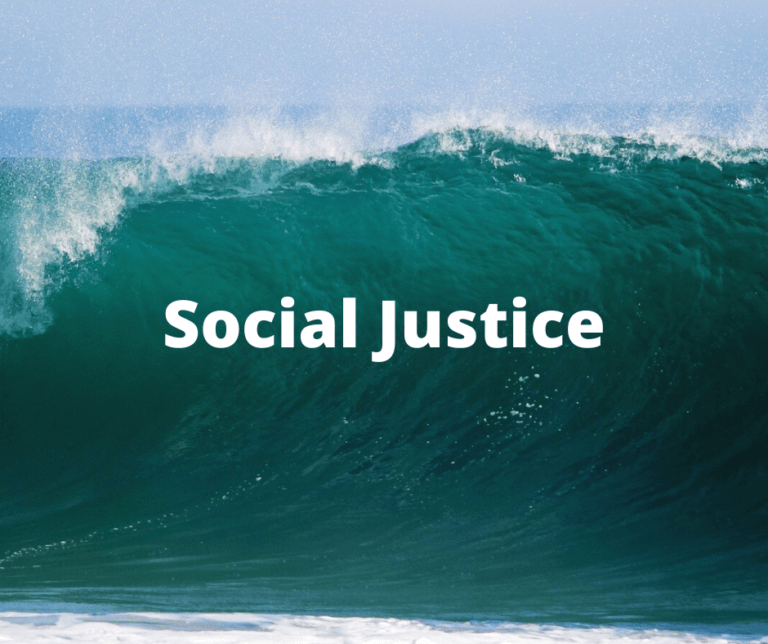Time after time in recent weeks, we have witnessed individuals and companies that have made in-person and online statements that have cost them dearly. Businesses are damaging their reputations, individuals are losing jobs and companies are left scrambling to properly communicate with a wide variety of audiences. The movement for social justice feels overdue and appropriate at this point, and companies need to be aware and prepared to react. Is your business prepared? We are seeing a lot of strain on human resources personnel as of late.
This is a tricky post to write. Pitfalls always exist when discussing sensitive subjects like race, but I believe we can help those that are struggling to communicate regarding these issues. One thing is undeniable: The social justice wave in America is having a major impact on individuals and corporations. Much of the justice is well-deserved and served quickly. Other situations are more complex and nuanced. All of it is sensitive.
For companies, it has become critical that employees understand that they are representing their employers all the time – not just during work hours. Smart phones, capable of taking photos and video, are ubiquitous. Whether you are walking in the park, posting on social media or having a conversation around the water cooler, it’s incredibly easy for your actions or words to be digitally documented.
Many people have asked me about some of the more high-profile incidents, wondering how I would counsel these individuals and their companies. The first answer is: It’s complicated. I have always said that every communications crisis or online problem is a little bit different. This certainly holds true today.
In general, you want to respond quickly and in a genuine way. Running away from or ignoring such problems typically makes them worse. More than anything, preparation is key. Because you never know when a crisis might arise, here are a few ways to prepare:
Do you have a social media policy in place?
Every company should have policies that explain an employee’s responsibility regarding social media. Not all policies are the same, as different companies have differing vulnerabilities. Your employees should understand how they are expected to behave online. (I published a sample policy in my book.)
Have you trained your top executives about the ramifications of social media mismanagement?
Not only should your top executives understand your company’s social media policy, but they should be trained in how to stay out of hot water – and to know what to do if they have a problem. Speed is critical and having a clear line of communication within an organization can make the difference between success and failure. Train-up your top people, so they can avoid issues and be prepared if a crisis hits.
Are you monitoring?
Do you have a program in place to monitor online activity? A Google alert might work for traditional media, but it’s best to have a plan in place to monitor online mentions for both frequency and tone. In some cases, you can nip a problem early. In other cases, it makes sense to watch an online situation while you prepare for a response – which may or may not be necessary.
Do you know what to do when the media calls?
Some people get starstruck and decide to speak to reporters on their own. During a crisis, this is usually a bad idea. Your initial message is critical, so it is best to be methodical and make a smart statement the first time. Not all media outlets are equal. Some are more sensational, while others have reporters who have reputations for being fair. And just to make things more complicated: Sometimes it does make sense to just stay quiet.
Let me know if you would like to discuss these issues or if your business should conduct an audit of online vulnerabilities. We would like to help.
The social justice movement is complicated, and no one should pretend to have all the answers. Yet organizations that aren’t prepared are at risk of being swept away.
–John

